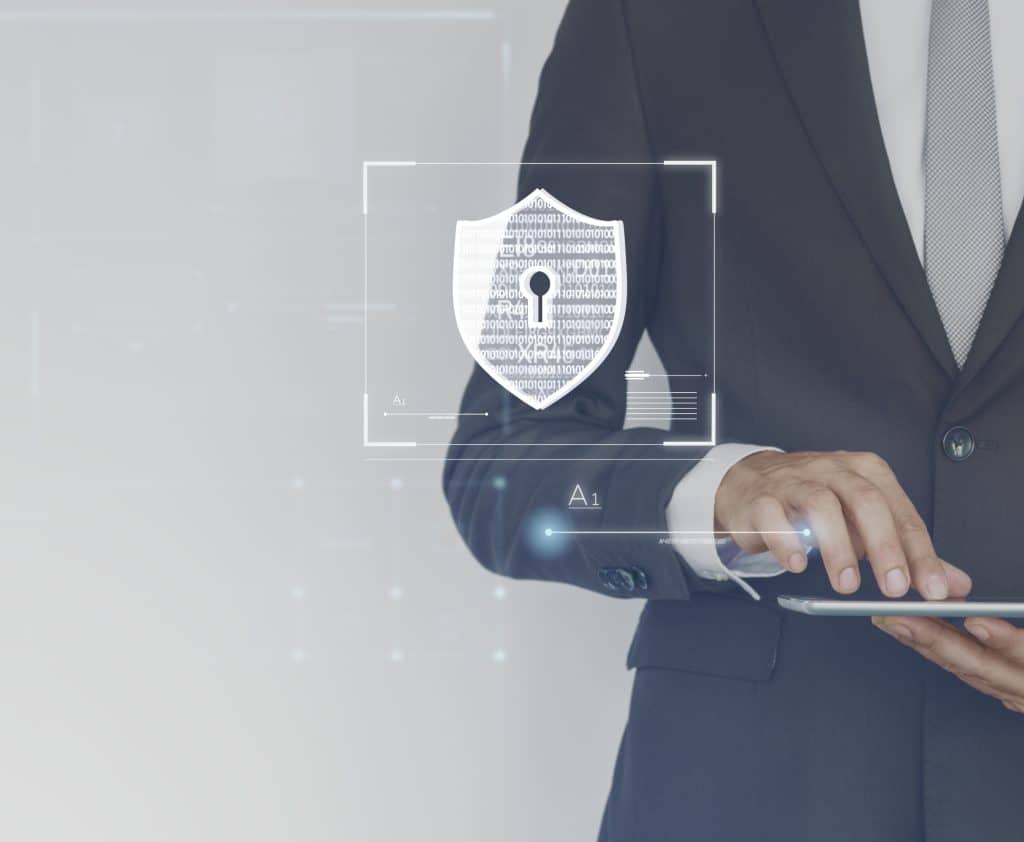Now let’s get to the good news: the sooner you find out about any type of fraud, the easier it is to fix the damage and avoid higher losses. Do you want to know how to find out about fraud on your credit report? You’ll understand everything below.
How to check credit report for fraud online?
The first thing you need to do to check credit report for fraud is getting a copy of it. You can do that online through each of the financial bureaus’ services for free. Actually, everyone is can get free report from the three main reporting agencies once a year. We strongly recommend you take it every year.
Another place to check credit report for fraud is a public service on the site: https://www.annualcreditreport.com/index.action. There you can request a single report or all of them, and analyze all your information.

Are you in doubt? You can still request additional reports through the same site. That way, you can check if the data is actually yours or something happened. In case you identify divergent information we get into our next topic: could it be a case of identity theft?
Check credit report for fraud: can it be identity theft?
There are clear signs of fraud on your credit report, such as delayed credit card payments or even personal loan requests you never made. The definition of identity theft is using your information without consent, which can include:
- Name;
- Credit card number;
- Social security number.
With this knowledge, criminals can start transactions impersonating you, which can generate negative data on your report. Remember that accounts, credit cards and unpaid debts remain there for 8 years, as we mentioned on our credit history report article.
Loans and credit requests may also happen when someone steals identity information. That’s what you have to keep an eye out for when you check credit report for fraud.
What is identity theft?
This is a crime that involves stealing any type of personal information and using it to impersonate a third party. It might sound like the plot of a good movie, but it’s more common than you imagine. Nowadays, a lot of information is available online, although with a lot of protection.
Identity theft happens when someone successfully steals your data and starts using it for:
- Access current accounts to steal assets or rewards;
- Open new accounts or get credit cards;
- Request personal loans;
- Rent real estate;
- Others.
The number of reported identity thefts has grown since the start of the 2020 pandemic. Often fraudsters will pretend to be government agents requesting information for benefits that they later steal. That’s why you have to be extremely careful online or on the phone, taking measures not to give any personal data that later can turn into a fraud.
What is an “identity theft protection service”?
There are services that can aid those who are victims of identity theft or are looking to prevent them. They monitor chat rooms, black market sites and public record searches. Their objective is to catch perpetrators or possible perpetrators quickly to minimize losses. Most services also offer virus protection softwares to avoid attacks.
Costs for such services vary, meaning they can cost as little as a few dollars a month up to a considerable amount. You have to pay most of them, so be careful when salespeople offer free identity theft protection. They usually hide trial period clauses that will result in charges later.
If an attack already happened, these services might be of use to find out where your possible whereabouts for your information and what to do about it.
What to do after you check credit report for fraud?
So you decided to check credit report for fraud and found clear signs of theft, a scam or invasion. Don’t worry, not everything is over since there are many ways to protect yourself and warns possible creditors about what happened. Financial advisors also recommend taking some of the steps we’ll describe soon if you were a victim of identity theft in the last few years.
That way, in case of data leaks or new problems you can protect yourself more easily and avoid damage to your credit score. Now let’s start: find out what to do in case of fraud.
1. Initial fraud alerts
This option is available for anyone that believes they were or are a potential victim to any type of fraud. The service lasts for a year and warns any financial institution that is about to lend you money, rent a house or car or even grant you a credit card that this might happen.
When a bank, for example, comes across an individual flagged with an initial fraud alert, they’ll go through more steps to verify their identity. Which makes it harder for the thieves to actually use your information and also allows you to have access to financial services without as much hassle.
After the first year with this alert it is automatically removed. But you needn’t worry, in case of necessity you can repeat the alert.
2. Extended alerts
Some cases of fraud have long lasting consequences, which could be a reason to use extended alerts. They can last for seven years, depending on the case and on when the issuer decides to deactivate the alert.
To make sure you keep up with what’s happening in your financial life, this type of alert allows you to issue two credit reports yearly for free. That way suspect activities can be identified quickly.
Whenever an extended alert is active, creditors must get in touch personally with the individual and use a safe way of confirming identity. It can make it harder to get access to certain services, but prevents further problems from occurring.
3. Security freezes
As of 2018 U.S. citizens are allowed to freeze and unfreeze their credit records in the three major reporting agencies. All is done for free, as established by law, in any state. While your assets are frozen, new creditors can’t access them and you can’t open accounts or hire financial services.
While it might seem like overkill, this is the only way to keep harm from happening in severe cases. When you place a freeze order, credit companies you are currently working with won’t be notified, like what happens with alerts.
A security freeze is not universal, so if you need one of all three reporting agencies it’s important to get in touch with each one individually.
Active duty alerts
Military personnel can be almost impossible to reach while on duty, making them especially attractive targets for fraud and scams. Any member of the military has an extra resource to protect their financial information and credit score: active duty alerts.
They last for 12 months and warn credit companies that the army member is away on duty. When that happens, they must take extra security steps to confirm identity when initiating a deal or contract of any kind.
Another advantage of active duty alerts is removing name and number from national marketing lists for insurance and financial services.
Reporting bureau obligations in case of credit report fraud
Once you find out about a credit report fraud you must file a report with federal authorities in your area. After doing that, it’s time to write a letter explaining the situation and in which way your information was compromised. A copy of both documents must be sent to each of the three report bureaus so that they can delete fraudulent information.
Furthermore, it’s important to provide sufficient proof of identity, such as security service number, name and address. Each company has its own confirmation process, so you might have to send additional documents.
As soon as you send documents and letters, reporting bureaus are obligated to stop providing your information. Be aware that they can remove the block in case you lied about the fraud or theft. So be precise on what is considered fraudulent in your report.

 10 Personal Finance Books That Change Lives
10 Personal Finance Books That Change Lives  7 Budgeting Methods That Actually Work
7 Budgeting Methods That Actually Work  South Africa’s Capitec profit rises 84%
South Africa’s Capitec profit rises 84%